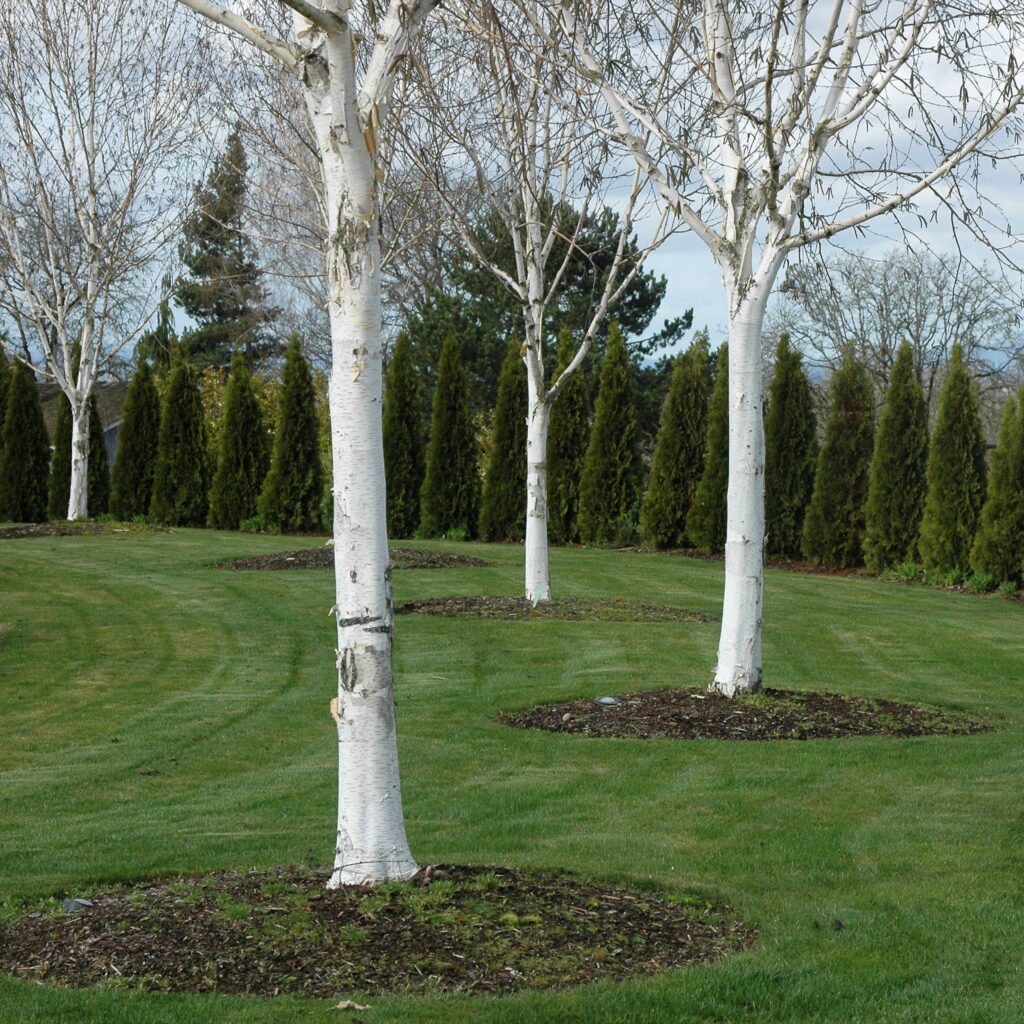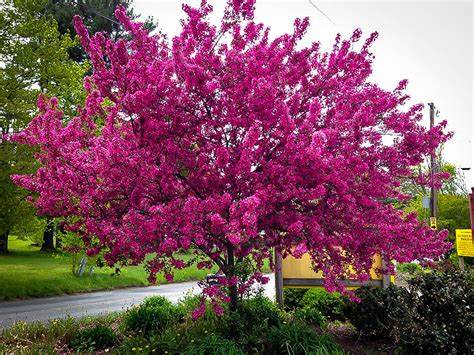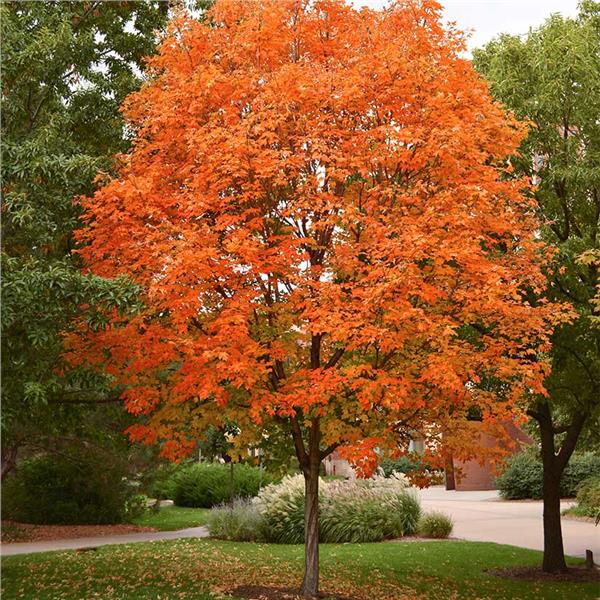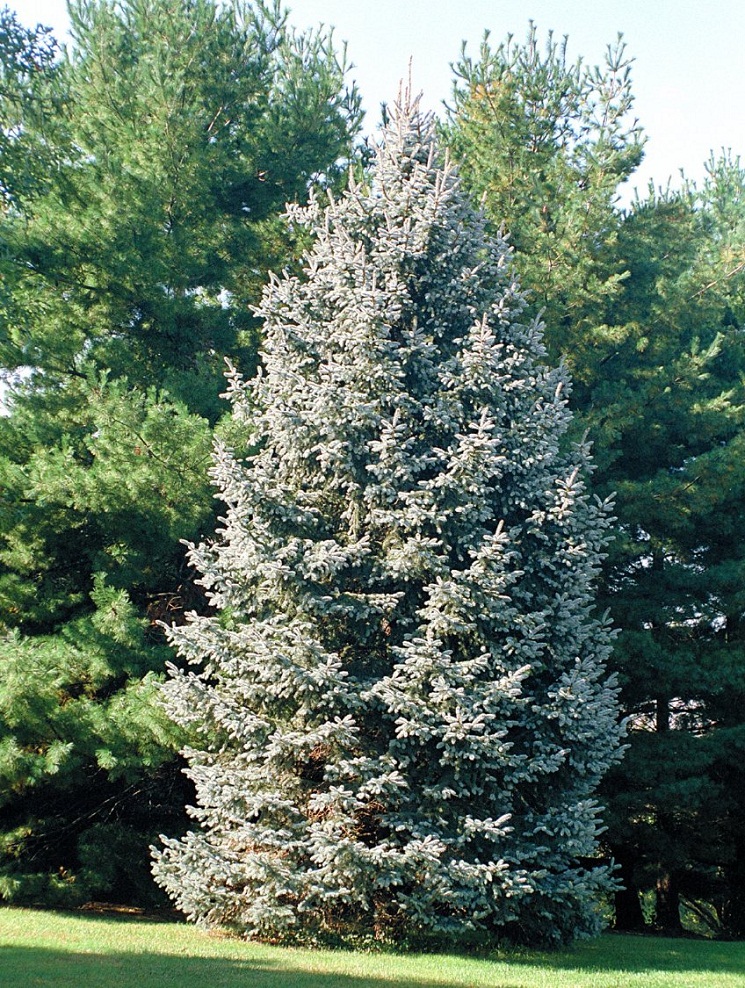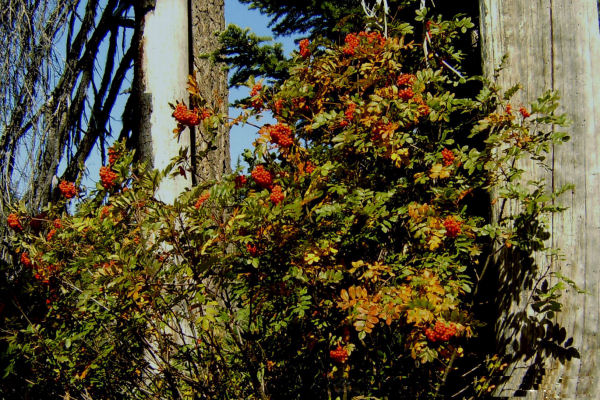Last time, we covered the latest tree varieties for 2025—now let’s talk shrubs!
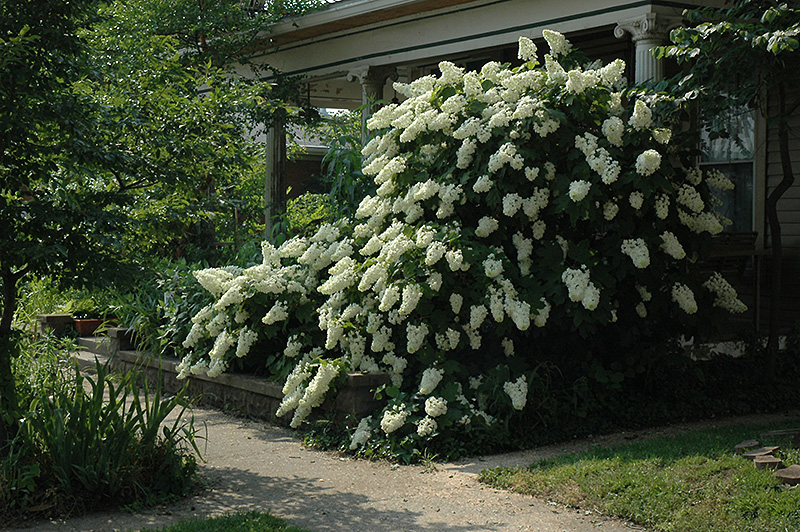
If you’re looking for cold-hardy options, Hydrangea paniculata ‘Snow Blaze’ is a showstopper. This beauty thrives in Zone 3, producing massive, cone-shaped white blooms that slowly blush pink as the season progresses. It’s a perfect addition to mixed borders and grows happily in full sun to part shade.
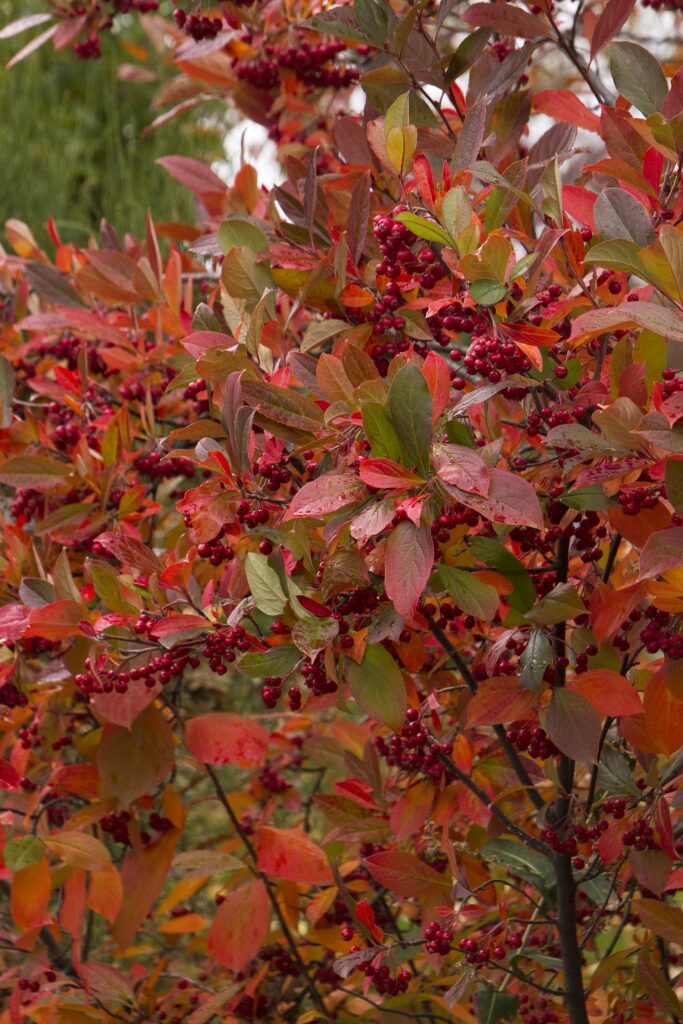
For something compact yet striking, check out Aronia melanocarpa ‘Ruby Splendor’, or as we like to call it, chokecherry. Its deep burgundy foliage and bright red berries make it a standout in wildlife gardens, plus it thrives in wet soil—great for those tricky spots.
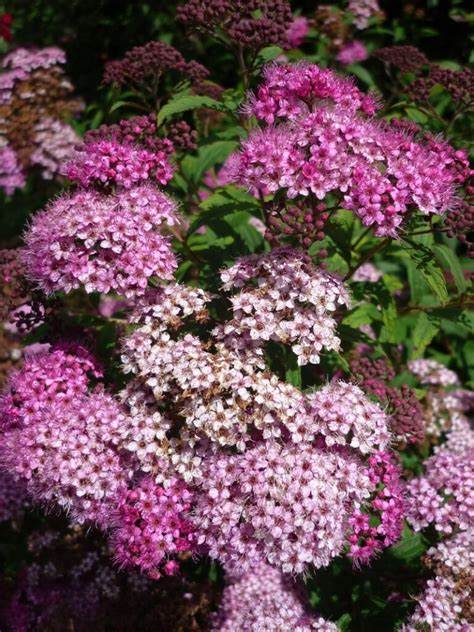
Want some extra color? Spiraea japonica ‘Frostfire’ brings a dynamic mix of frosty white and pink blooms with golden foliage, making it an eye-catching choice for foundation plantings.
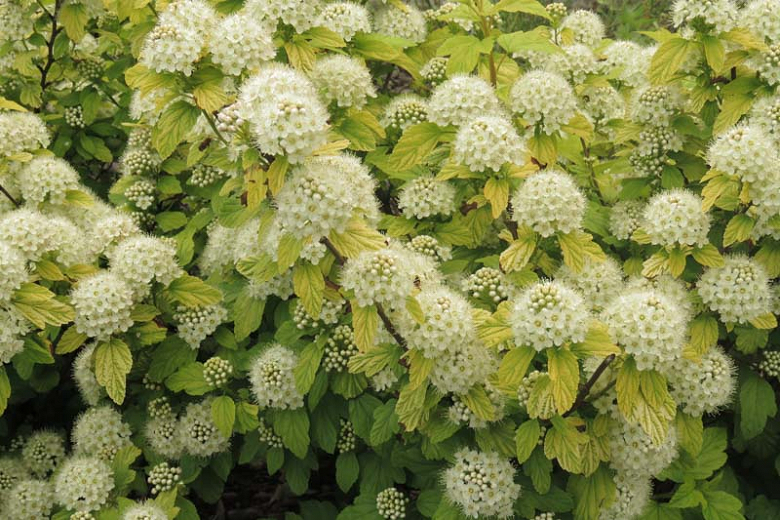
Another can’t-miss addition is Physocarpus opulifolius ‘Ice Flame’, a stunning ninebark with white variegated leaves and soft pink-white blooms in spring. It’s not just pretty—it’s also tough, handling drought and cold like a champ.
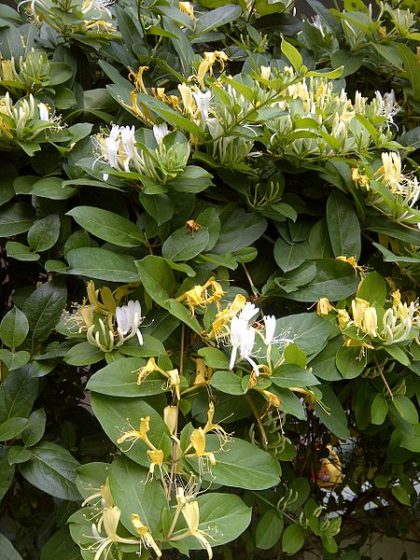
And if fall color is what you’re after, Diervilla ‘Arctic Sunrise’ (Bush Honeysuckle) delivers. Its bright orange-red foliage in autumn, combined with small yellow summer flowers, makes it a fantastic option for slopes or erosion control.
No matter your garden style, these fresh 2025 shrub varieties bring bold colors, hardy growth, and season-long interest. Which one’s catching your eye?






